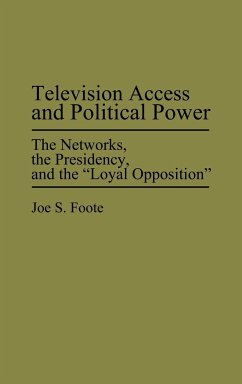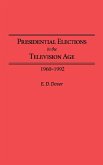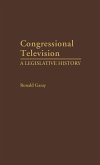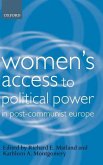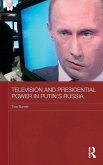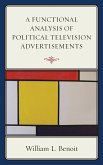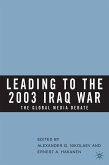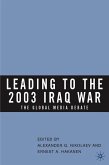This volume chronicles the 60-year history of presidential and opposition access to network television. The system has brought unprecedented exposure to twentieth century presidents but has discriminated consistently against the opposition in Congress. Networks instead have placed themselves in the role of loyal opposition, operating as the President's counterpoint. In decline, hurt by defecting audiences and advertisers, the network system is now struggling to survive into the next century. The author envisions a new order which will have a profound effect on both political communication and the balance of political power. Television Access and Politcal Power explores the 60 year history, structure, and efficiency of a network communication system which has dominated American political communication during the twentieth century. Contrary to other countries in which clear-cut rules govern the government-broadcaster relationship, American networks are free to exercise their own judgement, regardless of the consequences. The author urges reform on a system that has not worked well for either political party.
Hinweis: Dieser Artikel kann nur an eine deutsche Lieferadresse ausgeliefert werden.
Hinweis: Dieser Artikel kann nur an eine deutsche Lieferadresse ausgeliefert werden.

